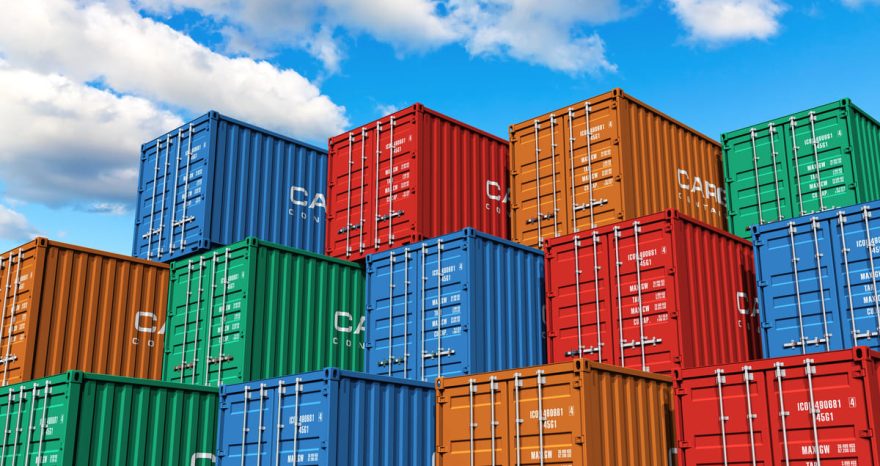The EU Commission has announced a 12-month delay. The EUDR regulation will apply from December 30, 2025, for large companies and from June 30, 2026, for micro, small, and medium-sized enterprises.

Industry and trade partners from around the world have ultimately prevailed. On October 2, the European Commission announced a 1-year postponement for the EU Deforestation Law (EUDR). The regulation, approved in 2023, was set to come into effect at the end of this year. The new implementation dates have been pushed back by 12 months:
- December 30, 2025, for large companies
- June 30, 2026, for micro, small, and medium-sized enterprises
“Since all implementation tools are technically ready, the additional 12 months can serve as a transitional period to ensure proper and effective implementation,” adds a note from the EU executive, which also provides new guidance documents and proposes a more robust framework for cooperation with international partners.
Here’s the translation:
EU Deforestation Law: What It Entails and Why It Faces Criticism
Since its approval—achieved by a large majority in both Parliament and the Council—the EU Deforestation Law has faced significant criticism. The two most common arguments against it are as follows.
On one hand, it is argued that the implementation of the regulation will put some European industries at risk and could further weaken global supply chains. This is the position of associations representing European farmers, who would no longer be able to sell products derived from deforested land. On the other hand, many international partners believe that the regulation sets requirements that are too stringent and could undermine entire commercial sectors.
What does the EUDR regulation entail? In brief, the measure:
- Prevents the importation into Europe of products linked to deforestation along the earlier stages of the supply chain, as well as the export of such products.
- Aims to reduce the EU market’s impact on global deforestation and biodiversity loss.
- Introduces new due diligence obligations for companies, which must ensure that the products they trade are “deforestation-free.”
- Requires businesses to conduct checks throughout the supply chain, ascertain the origin of each raw material, ensure suppliers comply with ESG standards, and guarantee full product traceability.
Useful Documents for Verifying Compliance with the EUDR Regulation
The EU Commission has published two new documents to assist businesses in meeting the requirements of the EU Deforestation Law:
- A new guidance document: This document contains clarifications on definitions such as “placing on the market,” “export,” “operator,” “negligible risk,” and “supply chain complexity.” It also clarifies the relationship between the EUDR and CSDDD, the breadth of product definitions, composite products, certifications, and agricultural use aspects.
- A dedicated website for micro, small, and medium-sized enterprises (MSMEs) with specific clarifications.












